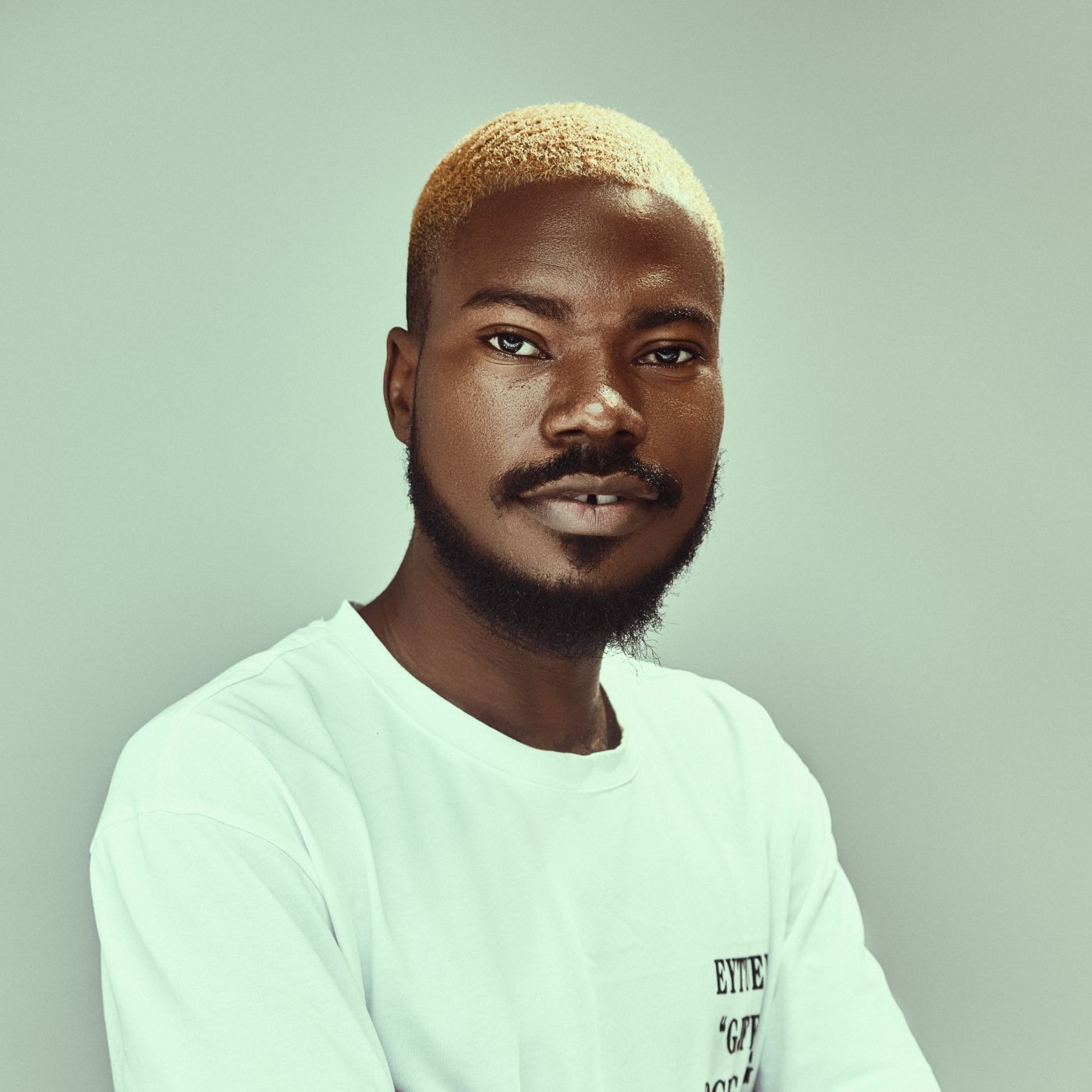1,407 reads
How Social Tokens Will Change the World of Influencer Marketing
by
June 13th, 2022
Audio Presented by

FinTech Content Writer in love with mental models and conscious hip-hop.
About Author
FinTech Content Writer in love with mental models and conscious hip-hop.
